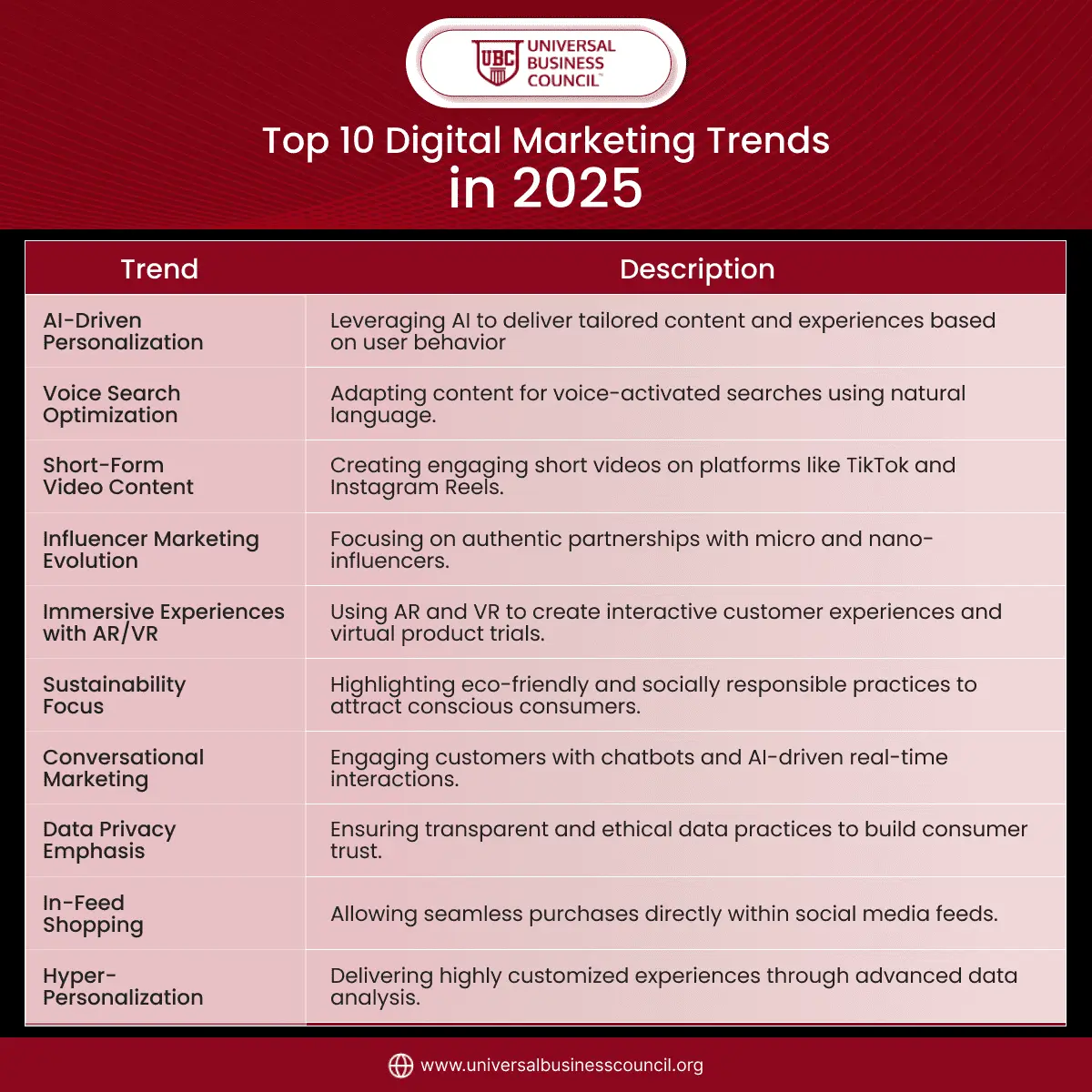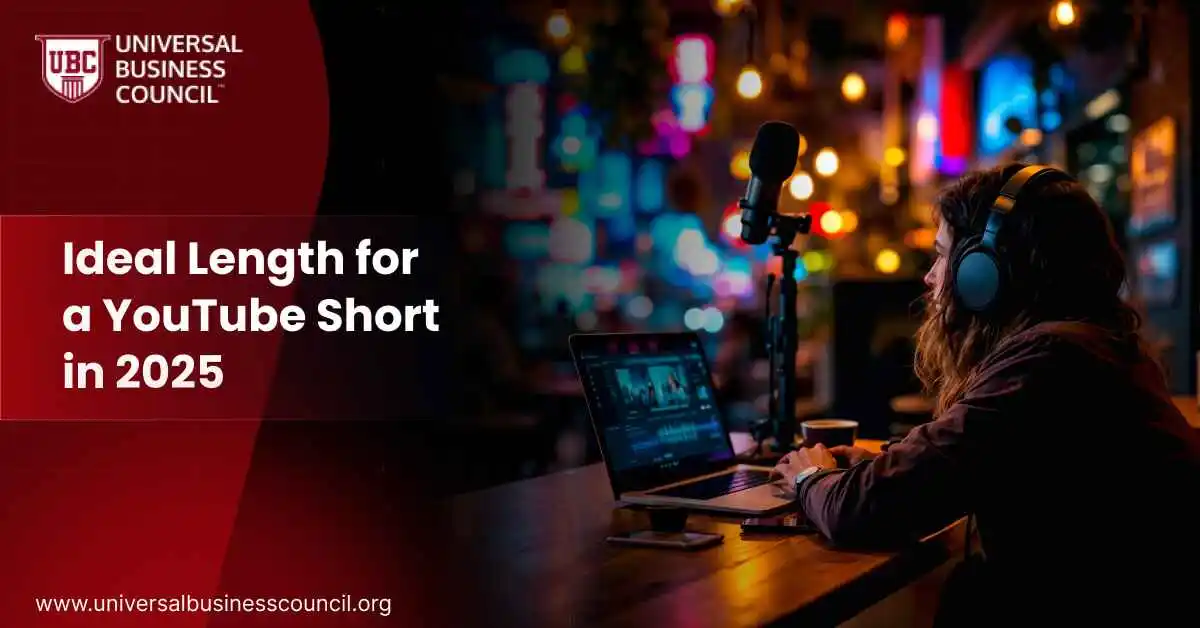 Artificial intelligence (AI) is shaping the field of search engine optimization (SEO), driving major shifts in how websites are fine-tuned for better rankings.
Artificial intelligence (AI) is shaping the field of search engine optimization (SEO), driving major shifts in how websites are fine-tuned for better rankings.
What AI Brings to SEO
AI involves machines simulating human-like intelligence to handle tasks such as learning, reasoning, and solving problems. In SEO, this means analyzing patterns, predicting user needs, and automating many optimization tasks that traditionally required manual effort.
New Trends in AI and SEO
Google’s AI-Based Summaries
In May 2024, Google introduced an experimental feature called AI Overviews. This feature uses artificial intelligence to produce quick summaries for search queries directly on the search results page. The aim is to save users time by providing answers without requiring them to visit multiple websites. Although helpful for users, publishers worry it may reduce their traffic and ad revenue.
AI-Enhanced Content Creation Platforms
Content creation tools powered by artificial intelligence, like those on Wix, have simplified building optimized online material. Wix’s features, for instance, allow users to create entire blogs, complete with images, without needing professional writing skills. This makes managing an online presence more accessible to everyone.
AI in Search Engine Algorithms
Google’s RankBrain is a machine-learning tool used to refine search result accuracy. It understands unknown terms or phrases and guesses their meanings to match them with relevant results. This helps provide better outcomes for less common or ambiguous search queries.
Examples of AI Shaping SEO Practices
Optimizing for Voice Commands
The growth of voice assistants such as Alexa and Siri has made it essential to optimize for conversational and natural language phrases. Search content now needs to reflect the way people actually talk, rather than how they type queries.
Delivering Personalized Results
Search engines use AI to customize results based on user behavior, location, and preferences. This means that two individuals searching for the same thing could see entirely different outcomes, tailored to their needs.
AI-Generated Content Challenges
AI is being used increasingly to write content. This trend has sparked debates about the authenticity and reliability of such material, especially as AI-written articles become common on platforms like Medium.
Updates Shaping SEO in 2024
Google’s Core Algorithm Adjustment
November 2024 saw Google introduce a new update to refine the relevance of its search results. These changes often cause noticeable shifts in rankings, underscoring the necessity for high-quality, user-oriented content to maintain visibility.
Real-Time Search with ChatGPT
OpenAI has incorporated a search engine into its ChatGPT tool, enabling users to access live data and summaries directly. This addition sets up OpenAI as a competitor to traditional search engines, including Google.
How AI Supports Key SEO Activities
Researching Keywords
AI tools scan extensive data sources to find the best keywords for targeting specific audiences. This helps businesses align their content with what potential customers are searching for.
Optimizing Written Material
AI aids in refining content to meet search engines’ standards while maintaining audience appeal. These tools provide guidance on structure, readability, and keyword placement, improving performance.
Building Links
Finding valuable backlink opportunities is another area where AI offers efficiency. It analyzes websites to identify places where links can boost a site’s domain authority.
Challenges of AI in SEO
Although AI offers significant benefits for SEO, it also introduces challenges that need thoughtful solutions.
Accuracy Concerns
AI-generated summaries and content sometimes contain errors, which can spread incorrect information. Ensuring that AI outputs are accurate is necessary to maintain trust and reliability among users.
Effects on Website Traffic
Features like AI Overviews deliver answers directly on search pages, which can lead to fewer clicks on individual websites. Businesses need to rethink strategies to draw users to their sites and provide detailed content that encourages engagement.
Ethical Implications of AI in SEO
The growing role of AI in creating content raises ethical concerns. Issues such as authenticity and fairness to human creators are increasingly being discussed. Transparency and a focus on high-quality output are vital to address these challenges.
Conclusion
The role of AI in SEO will likely expand further, with tools becoming more sophisticated and strategies evolving to keep pace. For businesses aiming to stay competitive online, staying updated on AI trends and adapting SEO practices will be key. To be a pro at SEO and make the most of AI and other technologies in SEO, enroll into expert-led certifications like the Certified SEO Expert.
 Artificial intelligence (AI) is shaping the field of search engine optimization (SEO), driving major shifts in how websites are fine-tuned for better rankings.
Artificial intelligence (AI) is shaping the field of search engine optimization (SEO), driving major shifts in how websites are fine-tuned for better rankings.
 Artificial intelligence (AI) is shaping the field of search engine optimization (SEO), driving major shifts in how websites are fine-tuned for better rankings.
Artificial intelligence (AI) is shaping the field of search engine optimization (SEO), driving major shifts in how websites are fine-tuned for better rankings.



